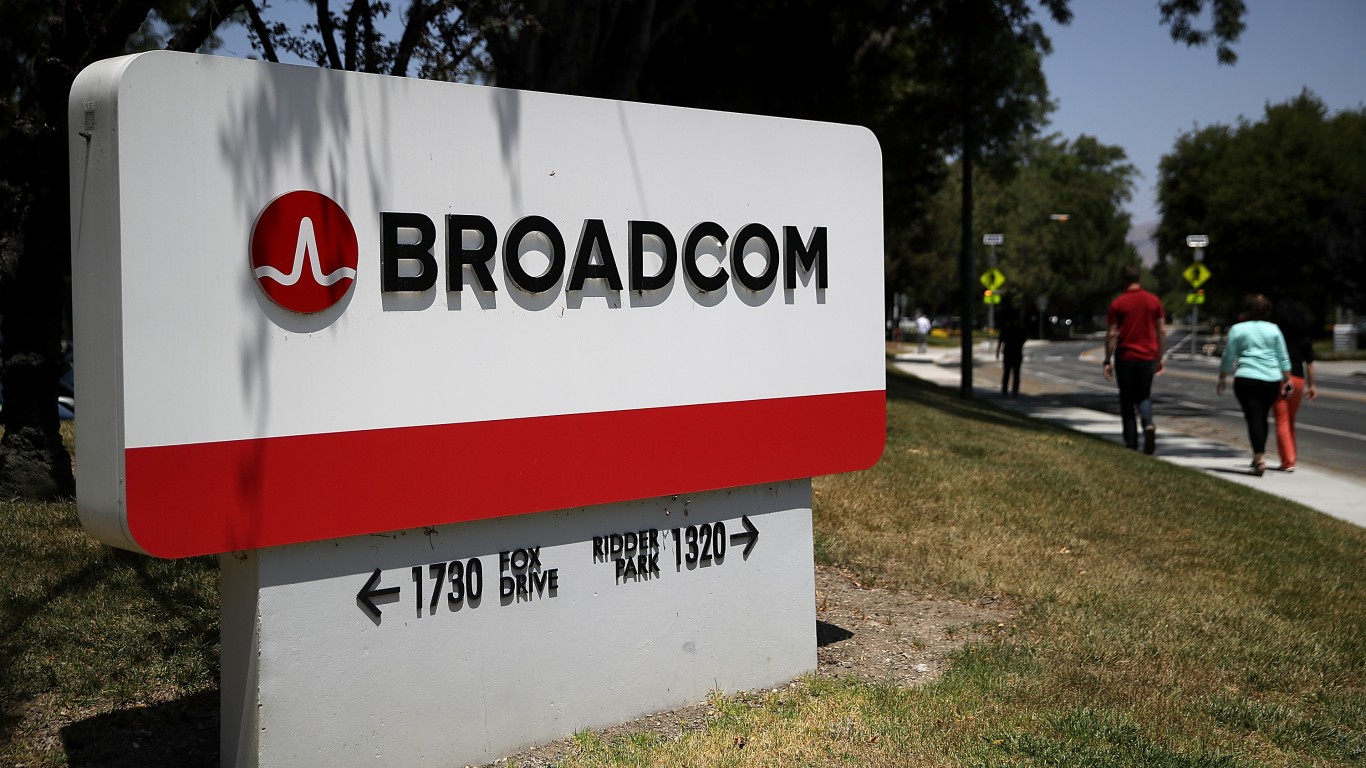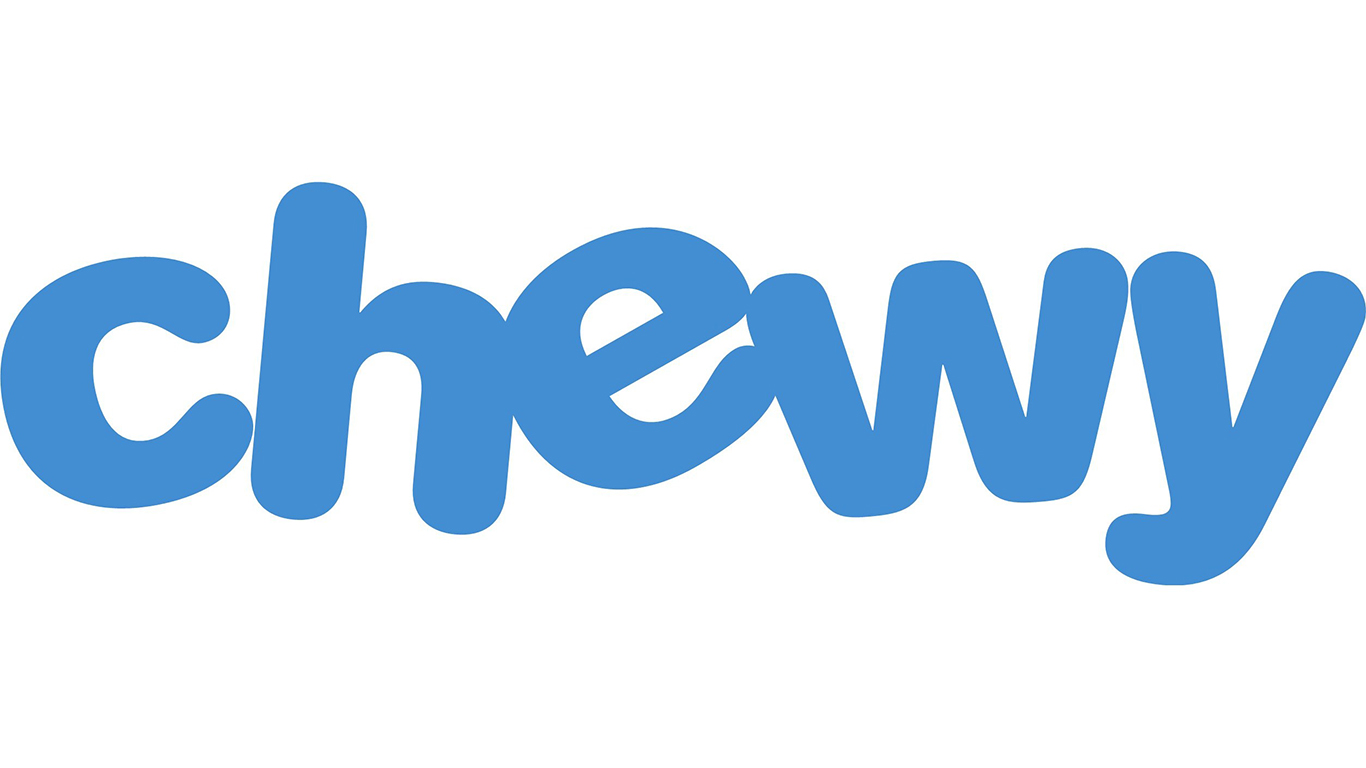Investing
Billionaire David Shaw’s Hedge Funds Sold Broadcom and Bought This Stock Instead

Published:

Dr. David Shaw founded D.E. Shaw & Co. in 1988 with six employees and $28 million in capital. Shaw, who is no longer involved in the investment firm’s day-to-day operations but participates in strategic decisions, is one of the pioneers of computational finance.
The billionaire remains the majority owner of D.E. Shaw. The Bloomberg Billionaires Index estimates his net worth at $10.7 billion. Jeff Bezos, the founder of Amazon (NASDAQ:AMZN) and one of the world’s wealthiest people, was one of the investment firm’s early employees.
As one might expect from a hedge fund founded on computational finance, Shaw’s Q3 2024 13F holdings report showed that 5,681 securities were invested across $116.49 billion, with many of the positions call or put options.
In early January, a report surfaced that the firm plans to return some of its investor’s capital from its Composite and Oculus hedge funds to enable it to continue delivering market-beating results for its clients.
The Oculus fund was founded in 2004. It has never had a losing year and has an annual net return after fees of 13.7%. The Composite fund has delivered an annual net return of 12.7% since 2001.
While finding meaning in a portfolio with nearly 6,000 securities is difficult, it’s abundantly clear that D.E. Shaw soured on Broadcom (NASDAQ:AVGO) in the third quarter while jumping on the Chewy (NASDAQ:CHWY) bandwagon.

According to WhaleWisdom.com, D.E. Shaw reduced or closed out 2,342 securities in the third quarter. That’s about 41% of the total securities held in its $116 billion portfolio.
As best I can tell, the most significant move on the sell side of the ledger was D.E. Shaw’s 51% reduction in its AVGO holdings, which moved Broadcom from the 7th-largest holding as of June 2024 ($855.8 million market value) to 28th at the end of September ($448.6 million).
While the sale of 2.7 million shares likely generated proceeds of approximately $450 million, a substantial amount even for billionaires, it represents 0.4% of D.E. Shaw’s Q3 2024 13F.
The investment firm’s hedge funds started buying Broadcom stock in Q4 2013. Over the past decade, they are estimated to have paid an average price of $116.40. D.E. Shaw likely sold in and out of Broadcom as its computational finance algorithms dictated.
Therefore, it’s difficult to determine why it cut Broadcom’s position by slightly more than half in the quarter. However, since AVGO stock finished 2023 at $111.63 and was above $173 by mid-June 2024 (55% higher over 5.5 months), profit-taking is the most likely explanation.
Of course, given the stock appreciated by another 40% over the second half of 2024, D.E. Shaw might have a little seller’s remorse.
Or, more likely, it’s long since moved on from its decision to sell early.

In Q3 2024, D.E. Shaw added 2.26 million shares of the online pet products retailer, nearly 20,000% higher than the 11,458 shares it held in the second quarter. Although it added significantly to its Chewy holdings in the third quarter, D.E. Shaw first bought CHWY stock in Q1 2020, likely adding and subtracting to its position over the past five years as the situation dictated.
In addition to the 2.26 million shares of Chewy held by the hedge fund, it also had put options and call options equivalent to 1.48 million and 469,300 shares, respectively, at the end of September.
Without knowing all the details of the calls and puts, D.E. Shaw utilizes a protective collar options strategy for 469,300 of the 2.26 million shares it owns. This is when you own shares of a company and then combine a covered call (short call) with a protective put (long put). Typically, you want to do this on a balanced basis with one call and one put for every 100 shares owned.
That’s why I suggested the protective collar was on 469,300 shares while the other 1,007,000 shares were long puts to protect Chewy stock on the downside. The difference between the 2.26 million shares held and the 1.48 million shares protected by the puts would have no hedge protection. That’s likely done to reduce the overall cost of the strategy, taking into account the odds of the shares correcting significantly.

Analysts are generally optimistic about Chewy stock. Of the 31 that cover it, 19 rate it a Buy (61%). Their target price is $40, about 10% higher than its current share price.
On Jan. 6, Mizuho Securities analyst David Bellinger upgraded Chewy stock from Neutral to Outperform. The pet products retailer is a top consumer internet stock of the firm.
“Near-term concerns around higher ad spend are short-sighted in our view, particularly as pet-related spending rebounds and CHWY remains well within its historical ROI guardrails,” MarketWatch reported the analyst’s Jan. 6 comments.
At the same time, Wolfe Research analyst Shweta Khajuria also upgraded its stock to Outperform, suggesting that its net sales per active customer remain healthy and that its future growth is underappreciated and not reflected in its current share price.
“‘All of these initiatives (plus) operational efficiency gains should help drive more meaningful margin expansion,’ she wrote. ‘We believe the Street is underappreciating the company’s ability to grow NSPAC (net sales per active customer) in 2025,’” MarketWatch reported.
David Shaw’s firm crunched the numbers and agrees with the optimistic view of Chewy stock. We’ll see if it plays out in 2025.
Thank you for reading! Have some feedback for us?
Contact the 24/7 Wall St. editorial team.